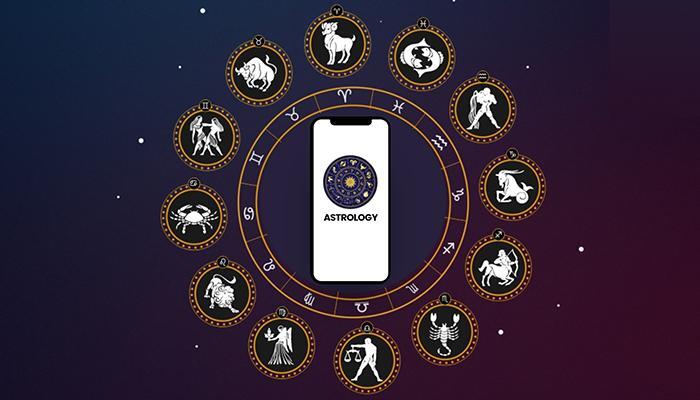
Astrology Apps Boom as India Faces Mental Health Care Shortage
In recent years, India has been grappling with a severe mental health care shortage. With therapy sessions costing anywhere between ₹1,000 to ₹2,500 and only 0.75 psychiatrists per 100,000 people, it’s no wonder that the country’s citizens are seeking alternative solutions to cope with their mental health concerns. One such trend that has gained significant traction is the use of astrology apps, with over 30 million users flocking to platforms like AstroTalk. In the fiscal year 2024-2025, AstroTalk reported an astonishing ₹511 crore in earnings, highlighting both the business boom and the systemic care gap in India’s mental health care system.
The rise of astrology apps in India can be attributed to a combination of factors. Firstly, the apps offer an affordable and accessible solution for people seeking mental health support. In a country where therapy sessions are often out of reach for many due to financial constraints, these apps provide a more affordable and convenient option. Secondly, the apps cater to a wide range of users, from those seeking general guidance and advice to those dealing with specific mental health concerns such as anxiety, depression, and relationship issues.
AstroTalk, in particular, has gained a significant following in India, with its user base comprising of both Indians and non-Indians. The app offers a range of services, including astrological readings, tarot card readings, and numerology analysis. It also provides a platform for users to connect with experts and professionals in the field of astrology, who offer personalized advice and guidance.
However, the rise of astrology apps in India also raises concerns about the potential risks and limitations of relying on these platforms for mental health support. While astrology apps can provide a sense of comfort and reassurance, they are not a substitute for professional therapy or medical treatment. In fact, some experts warn that relying on astrology apps for mental health support can be detrimental, as it may delay or prevent individuals from seeking professional help.
Moreover, the quality of services offered by astrology apps can be uneven, with some apps providing inaccurate or misleading information. This can be particularly problematic for individuals who are already struggling with mental health concerns, as they may be vulnerable to misinformation or unqualified advice.
In addition to the concerns about the quality of services, there are also concerns about the potential risks of over-reliance on astrology apps. While these apps can provide a sense of comfort and reassurance, they may also perpetuate harmful stereotypes or stigmatize mental health conditions.
Despite these concerns, it is clear that astrology apps are here to stay, and it is essential for both individuals and policymakers to recognize the role they play in the mental health care landscape. Therefore, it is crucial to establish guidelines and regulations for the astrology app industry, ensuring that users are provided with accurate and reliable information.
In conclusion, the rise of astrology apps in India is a complex phenomenon that reflects both the country’s mental health care shortage and its growing demand for alternative solutions. While astrology apps can provide a sense of comfort and reassurance, they are not a substitute for professional therapy or medical treatment. It is essential for policymakers and individuals alike to recognize the role these apps play in the mental health care landscape and take steps to establish guidelines and regulations to ensure that users are provided with accurate and reliable information.
Source:
https://ascendants.in/business-stories/astrology-apps-therapy-astrotalk-india/






